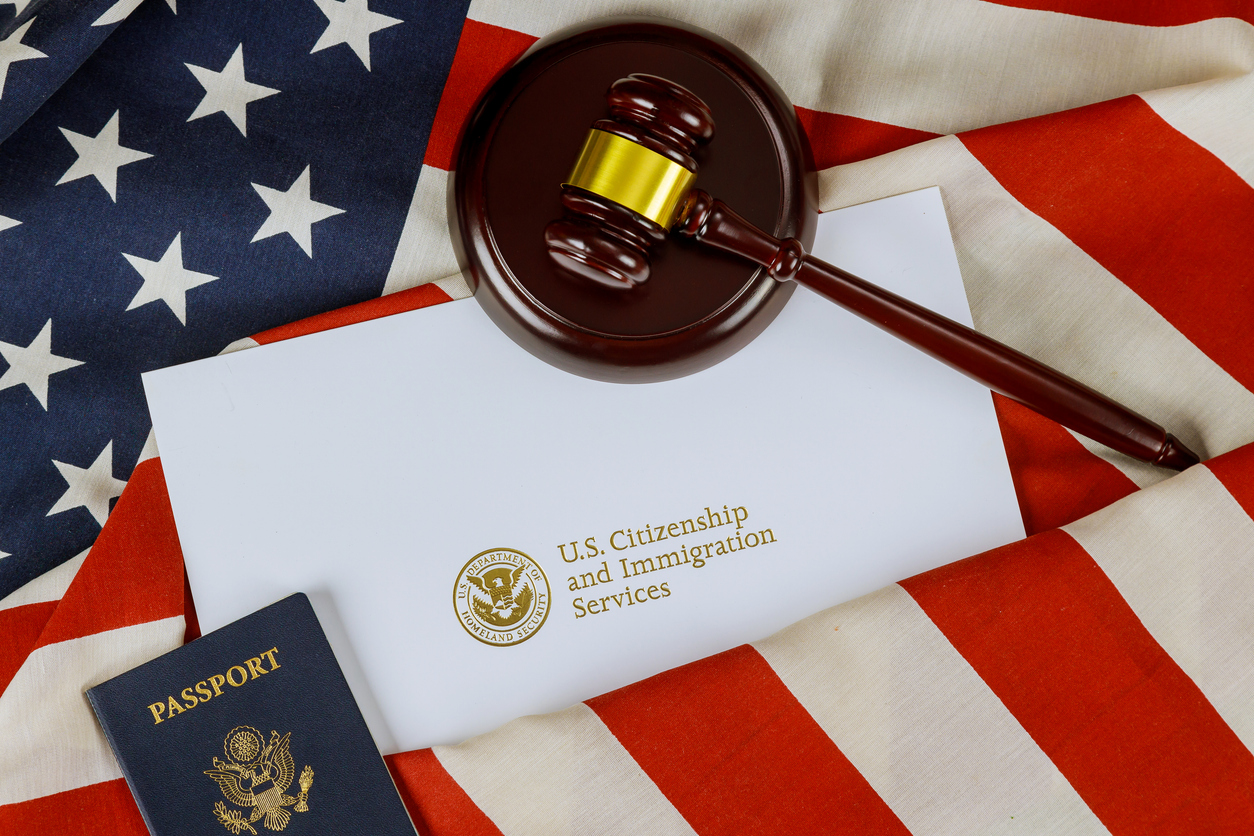At Odunlami Law Firm, LLC we are diving into a crucial pathway for immigration that many might not be fully aware of—the Violence Against Women Act (VAWA) self-petition. Passed by Congress in 1994, VAWA allows victims of abuse by a U.S. citizen or green card holder to seek a green card independently, without the perpetrator’s knowledge or involvement. This law protects and empowers victims, ensuring they can seek safety and stability without fear. If you need guidance on this process, our firm provides VAWA legal assistance to help you secure your rights and legal status.
Who Can Apply as a VAWA Petitioner?
The VAWA self-petition is not limited to women despite its name; men and children who are abuse victims can also apply. Here’s who can be eligible:
- Abused Spouses: Men or women abused by a U.S. citizen or lawful permanent resident spouse can file for themselves. Importantly, children of the abused spouse, if unmarried and under 21, can also be included as derivatives in the application.
- Children: Individuals abused by a U.S. citizen or lawful permanent resident parent can self-petition before they turn 21. The law also allows for applications to be filed between ages 21 and 25 if the abuse caused a delay in filing.
- Parents: Parents who have been abused by their U.S. citizen adult children (over 21 years of age) can also be petitioners under VAWA.
Defining Abuse for VAWA Petitions
One common misconception about VAWA petitions is that they require evidence of physical abuse. However, immigration law recognizes various forms of abuse that qualify for relief under the Violence Against Women Act (VAWA), including:
- Physical Abuse: Demonstrable through police reports, medical documentation, or restraining orders. Physical abuse includes acts of violence such as hitting, slapping, punching, or any bodily injury inflicted by the abuser.
- Emotional or Psychological Abuse: Evidence might include detailed personal statements or testimonies from therapists or counselors illustrating the impact of verbal threats, humiliations, or manipulations. Emotional abuse is often characterized by attempts to scare, isolate, or control the victim.
- Sexual Abuse: Instances where the victim was forced into sexual acts without consent. This can range from unwanted touching to rape, and medical reports or psychological evaluations might support evidence.
- Financial Abuse: Situations where the abuser controls or restricts the victim’s access to economic resources, forcing dependency. This can include withholding money, preventing the victim from working or sabotaging their employment.
- Verbal Abuse: Repeated derogations or threats, which could be evidenced through saved communications, witness statements, or even logs of disturbing interactions. Verbal abuse involves derogatory comments, constant criticism, or threats that cause emotional harm to the victim.
What Does Filing a VAWA Petition Involve?
Filing a VAWA petition is a confidential process that protects the victim’s information from the abuser. Here’s what you need to know about the process:
- Evidence of Abuse and Relationship: You’ll need to provide evidence supporting your claims of abuse and prove your relationship with the abuser (e.g., marriage certificates, birth certificates).
- Good Moral Character: Applicants must demonstrate good moral character, which police clearances or character references can substantiate.
- Cohabitation: Evidence of living together is often required to establish the authenticity of the relationship, although current cohabitation is not a necessity at the time of filing.
- Bona Fide Marriage: If married, you must prove that the marriage was entered in good faith and not solely for immigration benefits.
How Can Odunlami Law Firm Help?
The VAWA self-petition process can be complex and emotionally taxing. At Odunlami Law Firm, we are committed to guiding you through each step with sensitivity and experience. We provide:
- Confidential Consultations: Discuss your case in a safe and supportive environment.
- Comprehensive Case Preparation: We help gather and organize all necessary documentation and evidence.
- Experienced Legal Representation: Explore the legal intricacies with attorneys who understand and are experienced in VAWA cases.
Contact Us, You Are Not Alone
If you or someone you know is considering a VAWA self-petition, remember you are not alone. The path to safety and independence through VAWA is a legal right, and we are here to support you. For more information or to schedule a consultation, call Odunlami Law Firm, LLC at 973-993-1900 or visit our website at Odunlami Law Firm. Let us help you turn your hope for a safer, stable future into reality.



